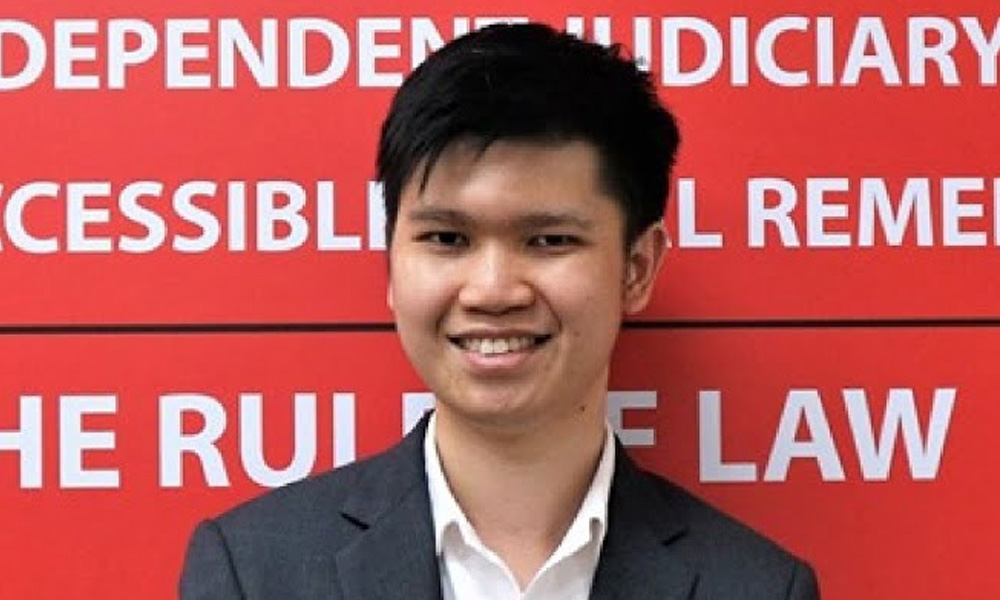No child should be deprived of the fundamental right of citizenship on grounds of illegitimacy, said Housing and Local Government Minister Zuraida Kamaruddin.
The minister, in a statement, said she is greatly concerned about the majority decision of the Federal Court to deny an illegitimate child Malaysian citizenship despite him having a Malaysian biological father.
"Whilst we respect judgments made by the judicial arm in pursuance of their constitutional function, I am bound to disagree with this one.
"This case, which affirms a string of other decided cases, strongly offends our sense of justice and compassion.
"No child must be deprived of the fundamental right of citizenship on grounds of illegitimacy,” said Zuraida in the statement.
On Friday, the court narrowly dismissed a citizenship bid for an 11-year-old child with a Malaysian father and foreign mother as he was “illegitimate” when he was born.
His parents had registered their marriage five months after his birth.
Zuraida said she will raise this particular case with the minister concerned or the cabinet in order to ensure that the child obtains citizenship by registration under Article 15(2).
"It is time to put an end to the damage wrought upon the innocent by the effect of the archaic section 17 of the Federal Constitution, which the majority judgment heavily relied upon.
"To that end, I am committed to the repeal or amendment of that section, and will raise this in government," said Zuraida, who is also the founder of The Council of Malaysian Women Political Leaders (Comwel).
Lawyers and gender equality groups have also called for law reform, saying that it was not right to deprive children of citizenship for something they had no control over - parents’ marital status.
“A child does not choose to be born legitimate or illegitimate. The law must accommodate what is in the best interests of a child.
“I believe that the Legitimacy Act 1961 and the (Federal) Constitution should be amended so that a child is not deprived of citizenship just because of the parents' marital status,” said lawyer Lim Wei Jiet.

Bar Council Constitutional Law Committee co-chairperson Karen Cheah highlighted that the issue of citizenship of the child would be tied closely to the liberty, equality and basic rights of the child such as that relating to education, healthcare, employment, registration of birth, marriage or death, the right to own property and the right to vote.
“These are basic fundamental rights of every human,” she told Malaysiakini.
They also disagreed with another part of the ruling, which stated that a child who is illegitimate at birth should take after the mother’s citizenship, saying it was discriminatory to the child's father.
Article 8 of the Constitution stipulates that all persons are equal before the law and entitled to the equal protection of the law. It prohibits discrimination against citizens on the basis of only gender, religion, race or place of birth.
The Joint Action Group for Gender Equality (JAG), representing 11 women and gender groups also said they were disappointed at the court decision’s “glaring disregard” for Article 8 and stressed that the gender of the Malaysian parents should be “irrelevant” in citizenship petitions.
They also called for the constitution to be amended.
In the majority ruling of the 4-3 decision, judge Rohana Yusof pointed to Article 14 of the constitution and said that citizenship by operation of law must be determined at birth, not after.
The Court of Appeal president also ruled that an “illegitimate” child followed the mother’s citizenship, citing Section 17 of Part III of the constitution. The boy in question reportedly has a Filipino passport.
Joining her were judges Vernon Ong, Zabariah Mohd Yusof and Hasnah Mohammed Hashim.
The three dissenting judges were Chief Justice Tengku Maimun Tuan Mat, Nallini Pathmanathan and Mary Lim Thiam Suan.
Tengku Maimun allowed the boy’s appeal as he had met all the requirements for citizenship by operation of law. A person’s “legitimacy” was irrelevant in determining citizenship provided the biological father’s identity was known, she also said.
The boy in question was born in Oct 2010 and brought into Malaysia by his Filipino mother, who married his Malaysian father in February 2011.
Their application for citizenship for the boy was rejected by the National Registration Department in September 2012. - Mkini

No comments:
Post a Comment
Note: Only a member of this blog may post a comment.